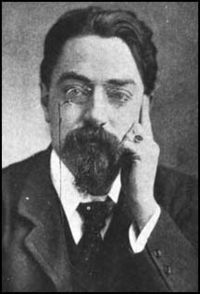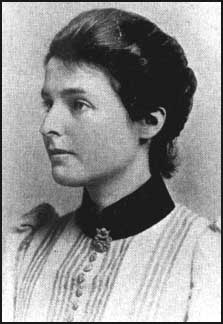Beatrice and Sidney Webb, Part II
I have become a Socialist not because I believe it would ameliorate the conditions of the masses (though I think it would do so) but because I believe that only under communal ownership of the means of production can you arrive at the most perfect form of individual development – at the greatest stimulus to individual effort; in other words complete Socialism is only consistent with absolute individualism. As such, some day, I will stand on a barrel and preach it.
Beatrice Potter, the British heiress who ventured into London slums and dockyards, wrote these words in her diary in 1890. She was born to socialism on her first meeting with Sidney Webb, then civil servant and Fabian socialist. Or rather, as she put it in her diary, she realized then that she had been a socialist all along. There was an element of predestination in her understanding of the phenomenon: the elect were chosen from birth.
Beatrice’s two published diaries, My Apprenticeship and Our Partnership, provide insights into the psychology of a nineteenth-century Anglican collectivist. Reading her recollections, one can’t help but conclude that her illusions about the salutary effects of socialism had a lot to do with her illusions about herself. There is a running conflict with her own womanliness. She wants to commit herself to this bold project of reforming society. On the other hand, she realizes she is not cut out for it, and has painful memories of Joseph Chamberlain, “a sacrament of pain fitting me for a life of loneliness and work.” She seems embarrassed and disappointed in herself for having fallen in love.
Sidney Webb, as it turned out, would dispel this conflict. Before he could do this, she had to overcome her dislike of him. She wrote in her diary:
His tiny tadpole body, unhealthy skin, lack of manner, cockney pronunciation, poverty are all against him. This self-complacent egotism, this disproportionate view of his own position is at once repulsive and ludicrous. (more…)








